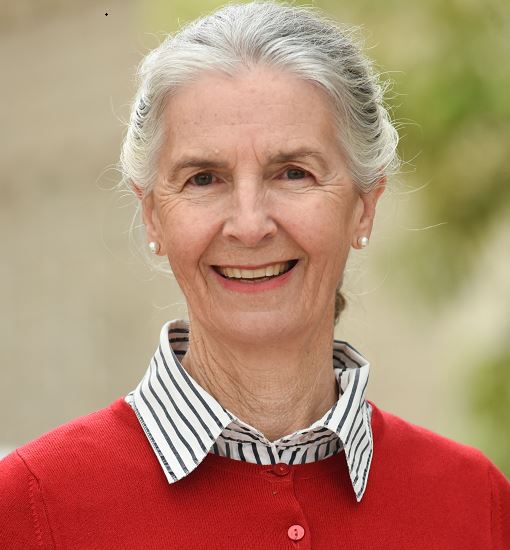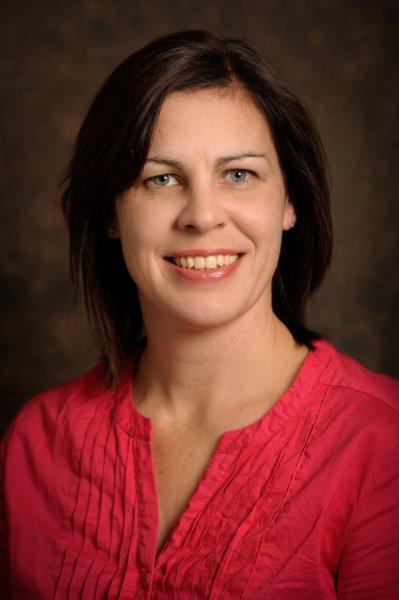
Work Health and Safety Practice at the University of South Australia, Adelaide
Introduction
This 4th year BHSc course is designed to give physiotherapy students an introduction to contemporary WHS issues and practical experience in working with both management and non-supervisory staff in industry placements where they complete a small WHS project. Industry placement partners include organisations in the health care, local government, manufacturing and farming sectors. The placements are undertaken in teamwork with peers. Students are expected to use physiotherapy skills they have gained in their past studies when working with their industry partners. In particular, the course furthers student observation and communication skills in the setting of a work environment.
Integration of environmental health in the curriculum
The occupational health and safety course creates an opportunity to integrate conversations about environmental health at and beyond the workplace.
There are five course objectives, the two most relevant to environmental physiotherapy are:
1. Positively influence workplace culture and practice through strategic thinking, advocacy, critical reflection, evaluation, innovative problem solving and initiative.
2. Facilitate change informed by best available research evidence and current legislative requirements pertaining to workplace health and safety.
Placements and reflection on placement experiences
During their industry placement experience, students are facilitated to risk manage workplace hazards in their allocated placement organisation. The students then return to class to share their observations and assessment of placement activities through storytelling between peers. The class teacher facilitates students to discuss and reflect on environmental health in relation to the stories they are sharing, covering the following topics:
The place of work in sustainable development goals (SDG), for example:
- SDG #3 Substantially reduce the number of deaths and illnesses from hazardous chemicals and air, water and soil pollution and contamination
- SDG #5 Achieve gender equality and empower all women and girls, women at work
- SDG #8 Decent work
- Gender equality
- Child labour
- Enforced labour
What is taken for granted with work in the Australian context – sanitation, air conditioning, food standards, rights and responsibilities, having a voice through consultation and advocacy.
Health and safety considerations for physical tasks at work, in relation to:
- Heat Stress – environmental influence on workplace temperature, the impact of climate change
- Lung health at work –latent effects of exposure to asbestos, silicosis associated with cabinetry work (eg kitchen benches), banning smoking at work
- Hazardous substances used
- Noise from machinery
- Stress and relief
Course assessment
Student learning in the course is assessed by an individual presentation and a team placement report. An individual presentation is given on a topic that the student chooses from a list nominated by the course coordinator (Rose), and an audience of their peers and teaching staff engage in questions and answers. The topic list includes the topics given above.
In the placement report, students identify hazards and are expected to make suggestions for how they can be prevented or managed. This can include consideration of environmental influences on hazards and the environmental impact of management strategies. For example, students have identified ways that heat stress can be managed in the work environment with work schedulling to avoid heat exposure, designing cool spaces for recovery within the workplace, consideration of fluid intake, and the concomitant management of chronic conditions.

Dr Rose Boucaut (Ed D, MHSc)
President of WorldPT - IFPTOHE
Rose Boucaut is President of the International Federation of Physical Therapists working in Occupational Health and Ergonomics, a subgroup of World Physiotherapy. Rose is a Specialist Occupational Health Physiotherapist (as awarded by the Australian College of Physiotherapists, 2008). With a Doctorate of Education and Master of Public Health, her teaching role includes coordination of the final year subject Work Health and Safety Practice at the University of South Australia.

Caroline Fryer (PhD)
Senior Lecturer, University of South Australia
Dr Caroline Fryer is a physiotherapist and Senior Lecturer in the Bachelor of Physiotherapy (Honours) program at the University of South Australia. Caroline is committed to building the capacity of physiotherapists as ethical and professional practitioners. With colleagues, Caroline actively researches ethical issues for physiotherapists worldwide and investigates ways to train physiotherapy students to be culturally safe in their practice.

Next steps
In the current embryonic phase of integration, the course educator is making the links for students between workplace and environmental health by leading these discussions in class and introducing key topics. The future plan is to create an environment where the students can provide their own examples of this relationship and the role of the physiotherapist in positively addressing existing and predicted challenges in workplace health. For example, enabling students to nominate their own presentation topics that link workplace health to environmental health and modifying the report requirements and assessment to explicitly include identification of links between workplace health and environmental health in their placement organisation.
Resources
ILO website Sustainable Development Goals
ISO 31000:2018 Risk management Guidelines: https://www.iso.org/standard/65694.html
SAI Global, 2009. AS/NZS ISO 31000:2009, Risk Management – Principles and guidelines. Standards Australia, Sydney, Australia.
Get in touch
🇬🇧 We would love to hear from you and continue the conversation about our teaching initiatives. If you have any feedback, questions or ideas that you would like to share with us, please contact Dr Rose Boucaut via email or use the comment form below.

0 Comments